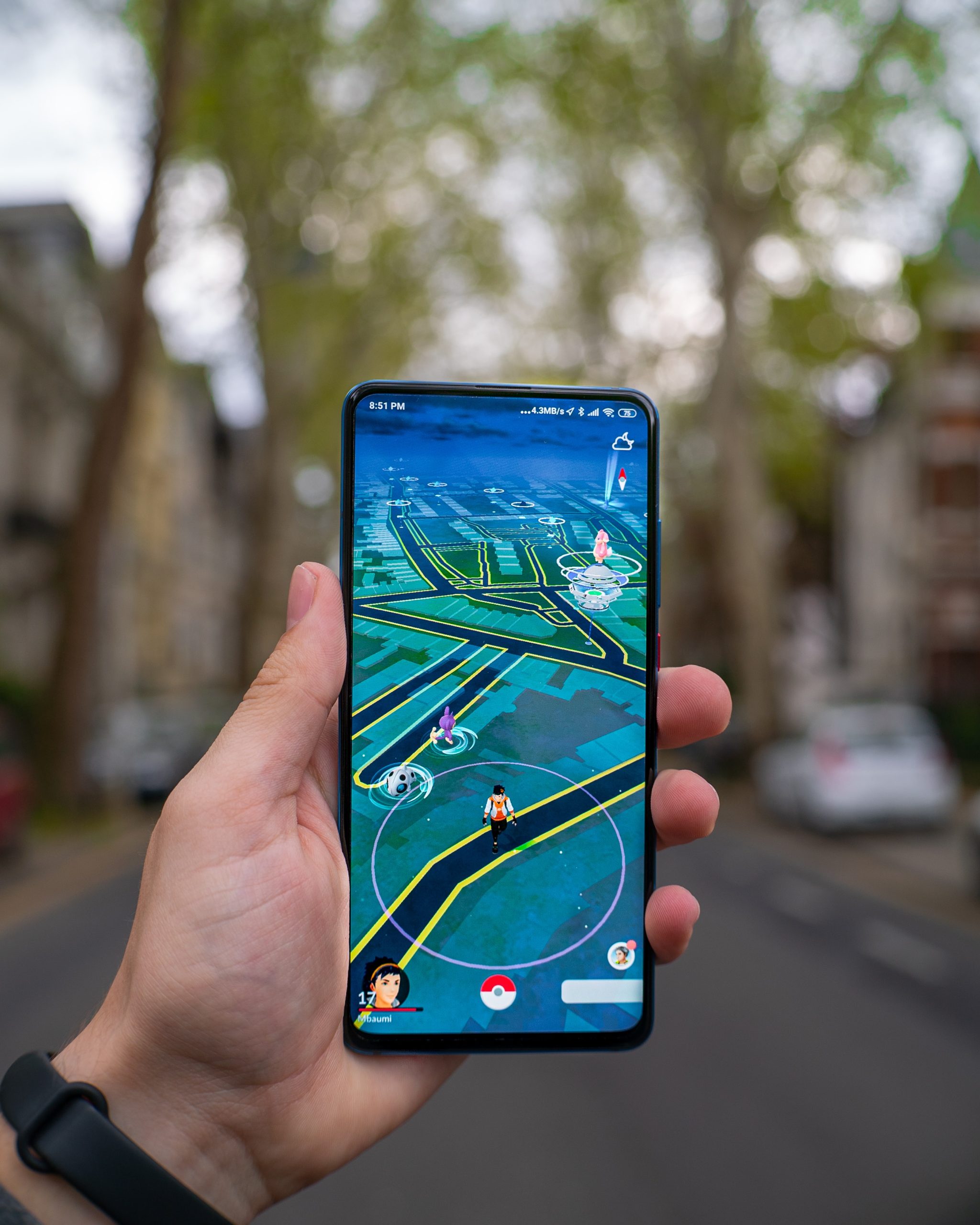As a journalist, I’m happy to report on the impact of inflation on personal finances.
Inflation is an economic phenomenon where the general level of prices for goods and services rises over time, leading to a decrease in the purchasing power of money. When inflation occurs, the same amount of money can buy fewer goods and services, which can affect people’s personal finances in many ways.
One of the most significant impacts of inflation on personal finances is the decrease in the value of savings. As prices rise, the amount of money people have saved up may no longer be sufficient to cover their expenses, forcing them to either dip into their savings or adjust their spending habits.
Inflation can also lead to higher borrowing costs. When inflation occurs, central banks may increase interest rates to control it. As a result, loans, mortgages, and credit card debts become more expensive, which can put a significant strain on people’s finances.
In addition to these impacts, inflation can also affect people’s investments. Stocks, bonds, and other investments may be affected by inflation, leading to a decrease in their value over time. However, some investments, such as real estate and commodities, may provide a hedge against inflation.
To protect their personal finances against inflation, people can take several steps. These include investing in assets that are likely to appreciate in value over time, such as real estate, stocks, and commodities. People can also reduce their debt levels to lower their borrowing costs and ensure they have enough savings to cover unexpected expenses.
In conclusion, inflation can have a significant impact on personal finances. While it is an economic phenomenon that is beyond the control of individuals, people can take steps to protect their finances and ensure they are prepared for any economic changes that may occur.




